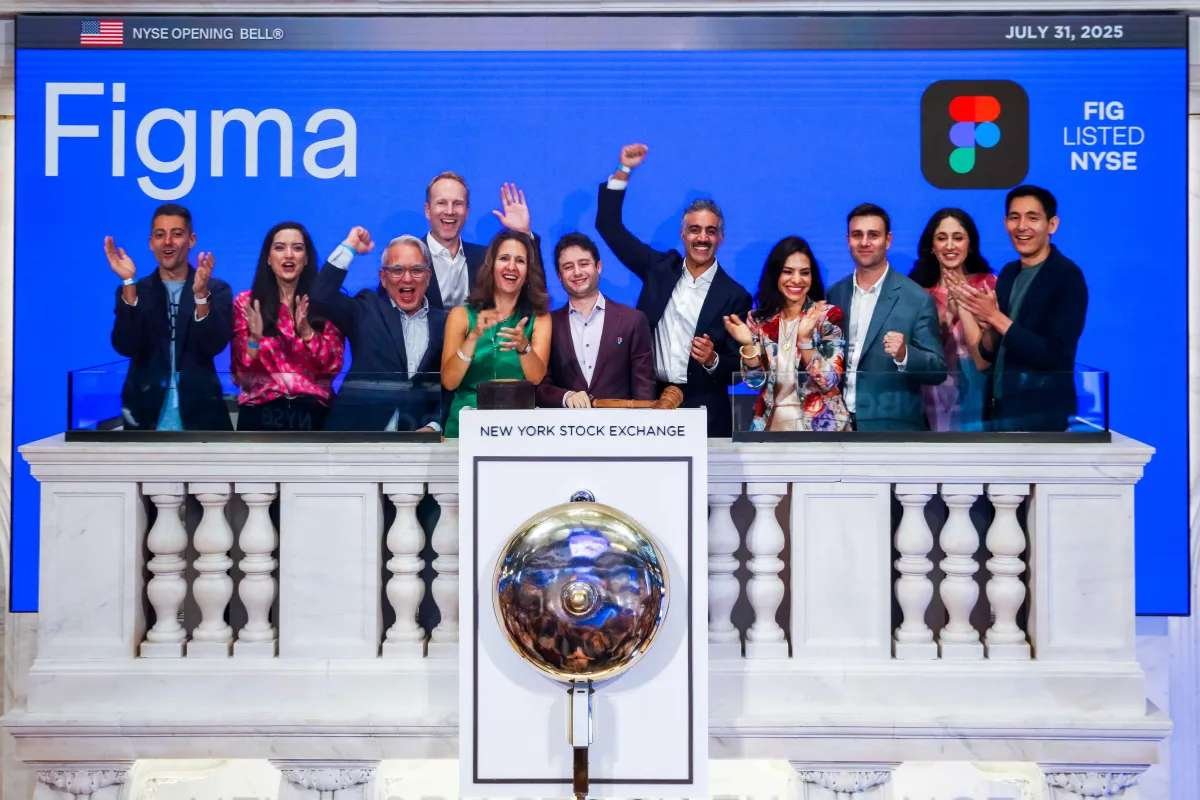(Source – ABC News )
Drivers for Uber and Lyft in Massachusetts will now earn a minimum of $32.50 per hour under a historic settlement announced Thursday by Massachusetts AG (Attorney General) Andrea Campbell. This agreement also introduces a suite of benefits and protections for drivers, marking a significant shift in the gig economy landscape in the state.
As part of the settlement, Uber and Lyft will collectively pay $175 million to Massachusetts to resolve allegations of violating state wage and hour laws. The majority of this amount will be distributed to current and former drivers, addressing years of underpayment and lack of benefits.
Minimum Pay and Benefits Established
Massachusetts AG Campbell highlighted that this settlement concludes her office’s prolonged litigation against the ride-hailing giants and averts the threat of a proposed 2024 ballot initiative aimed at rewriting state employment laws. Campbell noted that the proposed ballot question would have resulted in inadequate protections and earnings standards that did not guarantee minimum wage.
“For years, these companies have underpaid their drivers and denied them basic benefits,” Campbell stated. “Today’s agreement holds Uber and Lyft accountable, and provides their drivers, for the very first time in Massachusetts AG, guaranteed minimum pay, paid sick leave, occupational accident insurance, and health care stipends.”
Companies’ Responses and New Operational Standards
Governor Maura Healey praised the settlement, calling it a monumental step in ensuring fair pay and benefits for drivers. “This agreement delivers historic wages and benefits to right the wrongs of the past and ensures drivers are paid fairly going forward,” Healey said.
Lyft issued a statement noting that the settlement resolves a lawsuit that recently went to trial and eliminates the need for the upcoming ballot initiative campaign. “More importantly, it is a major victory in a multiyear campaign by Bay State drivers to secure their right to remain independent, while gaining access to new benefits,” the company said.
Uber echoed this sentiment, describing the agreement as a model for modern, independent work with dignity. “In taking this opportunity, we’ve resolved historical liabilities by constructing a new operating model that balances both flexibility and benefits,” Uber stated. “This allows both Uber and Massachusetts to move forward in a way that reflects what drivers want and demonstrates to other states what’s possible to achieve.”
Prior to the settlement, Uber and Lyft had advocated for a ballot question to classify drivers as independent contractors eligible for some benefits. Campbell indicated that this settlement halts the threat of that ballot question. A competing ballot initiative aims to give drivers the right to unionize in Massachusetts.
Detailed Benefits and Protections for Drivers
Under the settlement, drivers will earn one hour of sick pay for every 30 hours worked, with a maximum of 40 hours per year. Uber and Lyft must update their driver applications to enable drivers to view and claim their sick leave directly through the app. Additionally, drivers will receive a stipend to participate in the state’s paid family and medical leave program.
The agreement also allows drivers to pool their hours driving for both companies to qualify for a health insurance stipend. Drivers working more than 15 hours per week for either or both companies will be eligible for this stipend to purchase a plan through the Massachusetts Health Connector.
Furthermore, drivers will be covered by occupational accident insurance paid by the companies, providing up to $1 million in coverage for work-related injuries.
The settlement requires Uber and Lyft to provide drivers with key trip information — including trip length, destination, and expected earnings — before they accept a ride. The companies are prohibited from discriminating against drivers based on protected identities and cannot retaliate against drivers who file complaints with the Attorney General’s Office.
Additionally, Uber and Lyft must offer in-app chat support in multiple languages, including English, Spanish, Portuguese, and French. They must also provide drivers with reasons for deactivation and establish an appeals process.
This landmark settlement not only rectifies past injustices but also sets a new standard for gig economy workers in Massachusetts AG, ensuring fair compensation and essential benefits moving forward.







